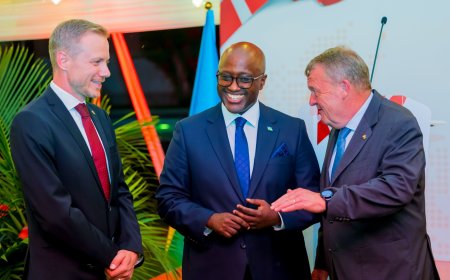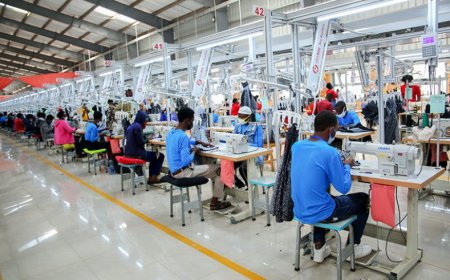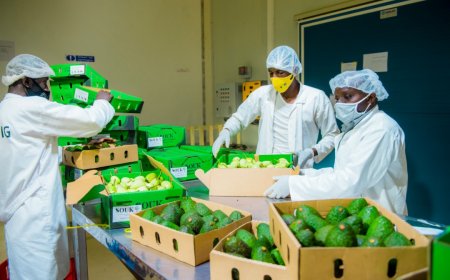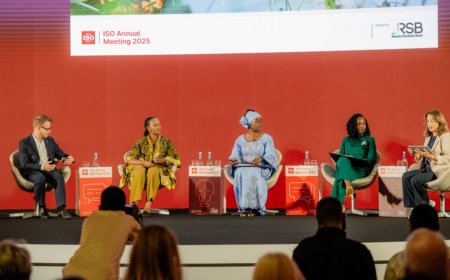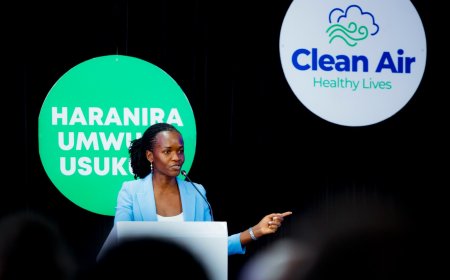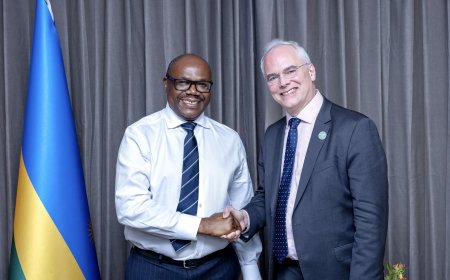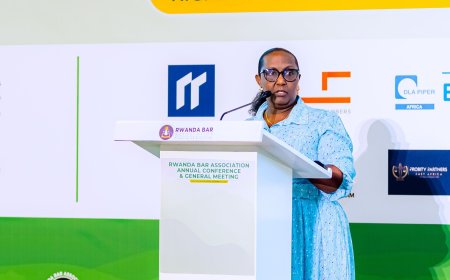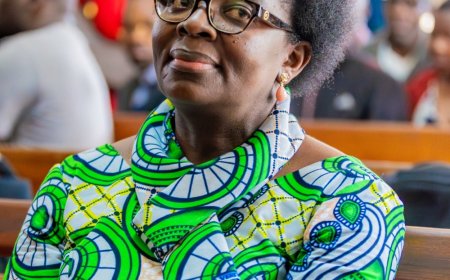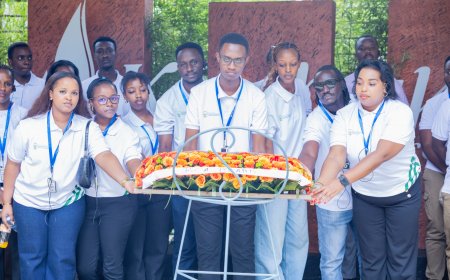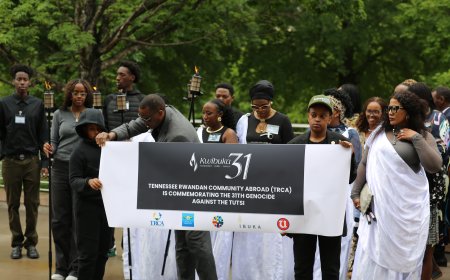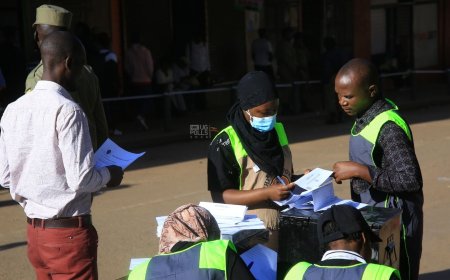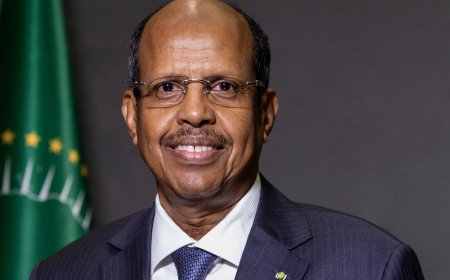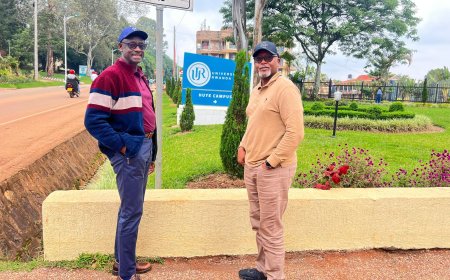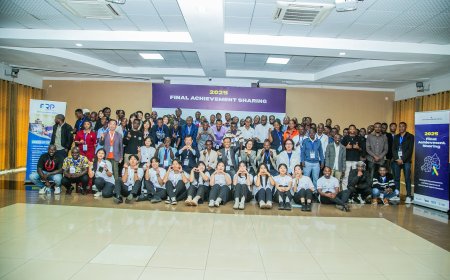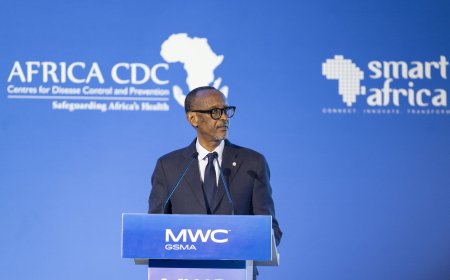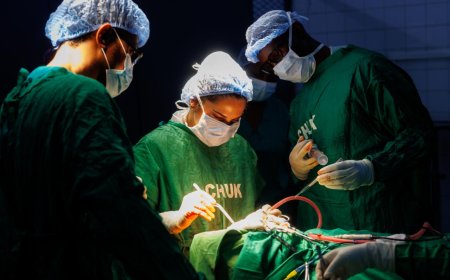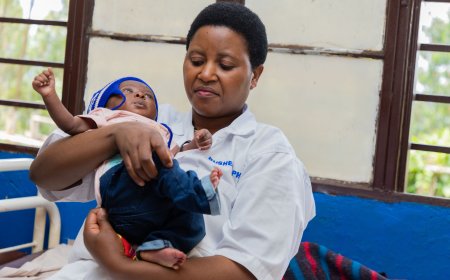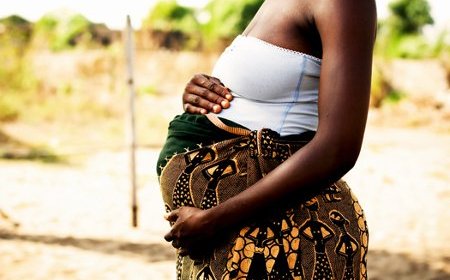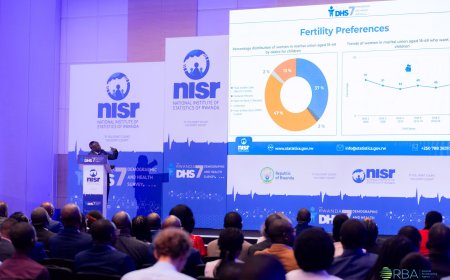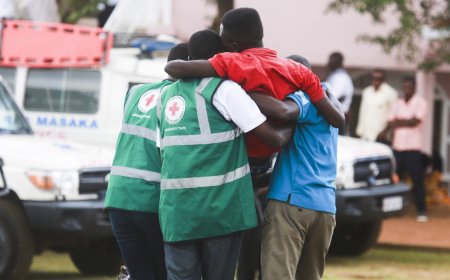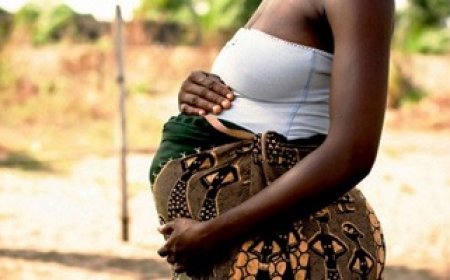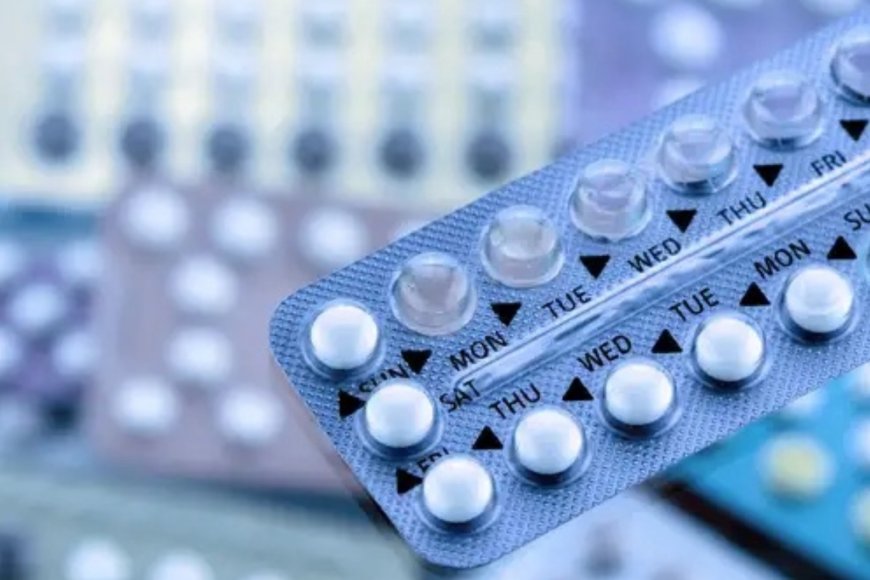
‘Some become pregnant at age 10’ – Activists call for teenagers to have access to contraceptives!
According to activists advocating for teen access to contraceptives under a proposed healthcare services bill, some girls can become pregnant as early as age 10, which exposes them to serious health complications and the risk of sexually transmitted infections (STIs).
The comments were made on Friday, May 2, during a session in which the parliamentary Committee on Social Affairs received inputs from civil society representatives on improving the provisions of the bill.
The government aims to lower the age of consent for healthcare services, including contraceptives, from 18 to 15 through the proposed legislation.
Currently, the age of consent aligns with the age of majority, 18, which marks the threshold for legal adulthood.
Aflodis Kagaba, Executive Director of Health Development Initiative-Rwanda (HDI), said that while beliefs and religious values often influence decisions, the data paints a stark reality.
“Each year, nearly 25,000 teens become pregnant,” Kagaba said, adding that evidence showed that some girls as young as 10 get pregnant.
Any child who has begun menstruating can conceive and that can happen as early as age eight or nine, depending on nutrition and growth factors, Kagaba pointed out.
He stressed the importance of legal provision on reproductive health services for teens, including access to contraceptives, which he said can offer a safe, confidential environment for children to speak with medical professionals.
He also said that the number of teens engaging in sex is significantly higher than the number of those who become pregnant.
Some of the girls are expelled from home after becoming pregnant, and they end up in cities like Kigali as domestic workers, Kagaba told Members of Parliament, adding that often, they are impregnated again, leading to more children they cannot support.
“Eventually, some become sex workers, increasing their risk of contracting HIV/AIDS,” he said, pointing out that children born under such conditions face uncertain futures including lack of access to education, and are also at risk of following the same path.
Aimable Mwananawe, Executive Director of IMRO Rwanda (Ihorere Munyarwanda Organisation), a local NGO focused on societal and health development, stressed that allowing teens’ access to contraceptives is not about encouraging sexual activity, but rather about protection.
“The intention is not to expose children to sex,” he said, asserting that the data related to teenage pregnancy is “alarming”.
“If we deny them contraception such as condoms, yet they already have children, we increase the burden on society,” he said, adding that unplanned pregnancies strain healthcare resources, including insurance, and often result in stunted children.
He urged society to focus on realistic, evidence-based solutions, and to not cling on cultural or religious beliefs, pointing to the need for constructive conversations tailored to Rwanda’s context.
Xavérine Uwimana, Legal Representative of Réseau des Femmes Oeuvrant pour le Développement Rural, echoed these views, saying that providing contraceptives to teens aged 15 and above is intended to protect them.
“This doesn’t remove parents’ responsibilities,” she said.
Society can’t afford to fail child protection
MP Christine Mukabunani, Deputy Chairperson of the Committee on Social Affairs, voiced strong opposition to allowing 15-year-olds to use contraceptives.
“We cannot fail to raise our children in accordance with Rwandan values. We are not copying foreigners’ models where children leave home at 18. Parents must take responsibility. Giving children medication [contraceptives] and telling them to go have sex because they will not get pregnant is unacceptable,” she said.
“How will HIV/AIDS be prevented if we let teenagers access contraceptives and encourage them to have sex?” she asked.
MP Veneranda Uwamariya said that the Ministry of Health, in its explanatory note of the bill, highlighted the high rates of teen pregnancy and described it as a crisis that could not be ignored.
“Some suggested lowering the age even further,” she said, “but we will deliberate on the 15-year threshold proposed by the Ministry of Health, incorporating the feedback we’ve received and research findings,” she said.
Recent data from the Ministry of Health showed that between June 2023 and July 2024, 8,000 girls under 18 received antenatal care, accounting for 2 per cent of all pregnancies at health facilities during that period. Moreover, one in three legally induced abortions involved minors.
In a previous parliamentary session held on February 17, Dr. Aline Uwimana, Division Manager for Maternal, Child, and Community Health at Rwanda Biomedical Centre, cited a 2023 study showing that 51 per cent of Rwandan children had engaged in sexual intercourse by age 12. She warned that such early exposure significantly increases the risk of teen pregnancies and STIs.


 Kinyarwanda
Kinyarwanda
 English
English
 Swahili
Swahili





